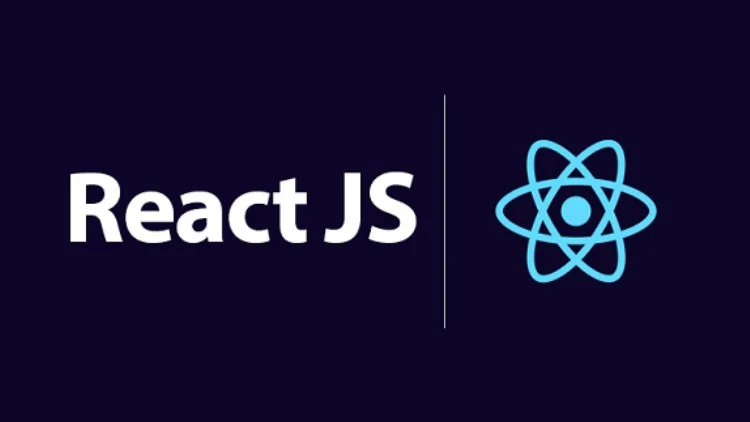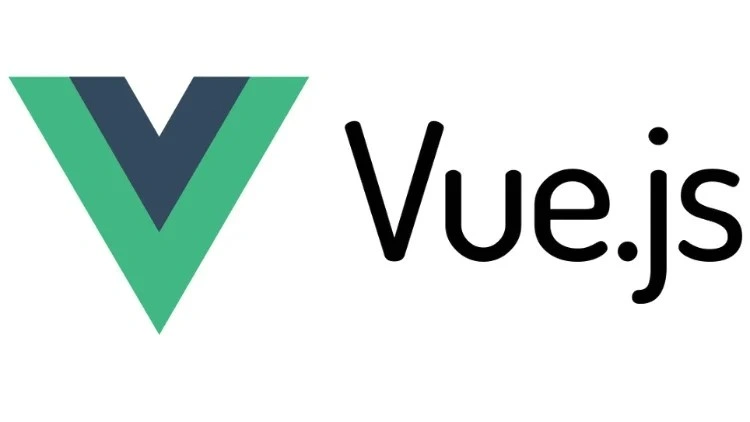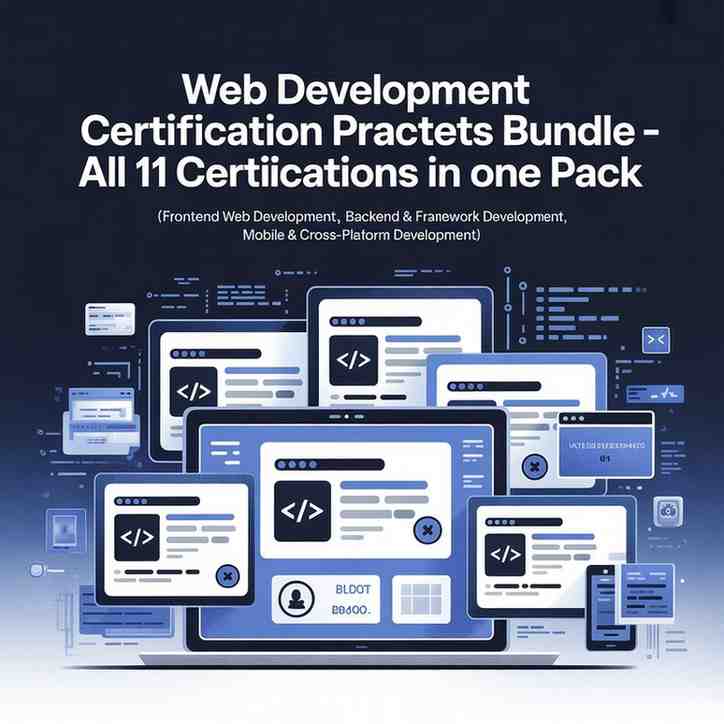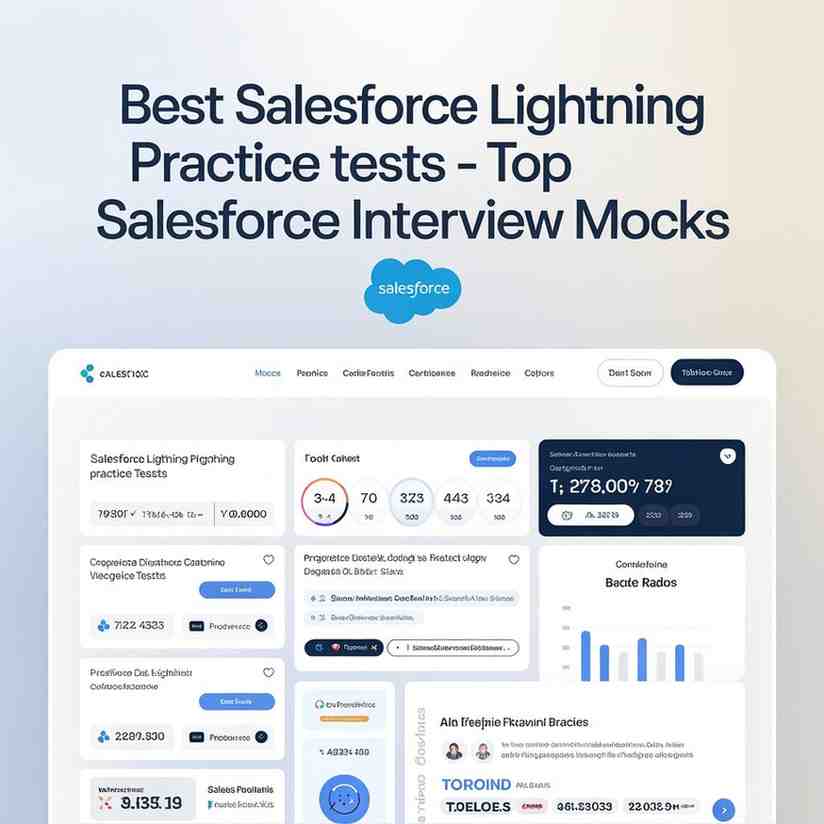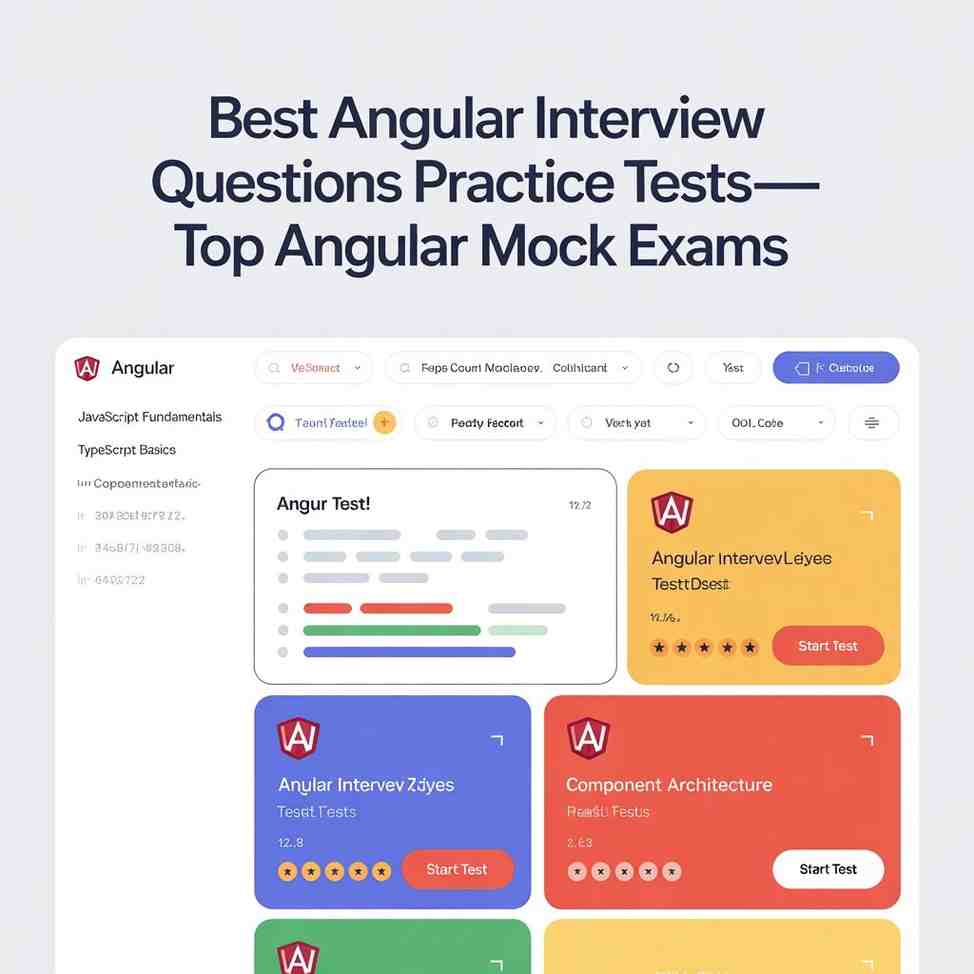Introduction
“You don’t bomb an interview because you’re not ready—you bomb it because you didn’t prep smart.” – My coder pal, post-interview debrief
You’re hyped for a Vue.js interview, your GitHub looking sharp, when a stray thought sneaks in: “What if they grill me on Composition API?” That tiny panic can shake anyone. Vue.js, the slick JavaScript framework powering apps for heavyweights like Alibaba, is pulling in 1.5 million weekly downloads on npm in 2025. Nailing the right Vue.js interview topics can make you the candidate who gets the offer in 90% of Vue.js job interviews. But where do you even start?
I’m laying out the 8 Vue.js interview topics that hiring managers can’t resist, straight from my own interview ups and downs and helping out new devs. These are the heart of Vue.js interview preparation tips, from reactivity to debugging. Whether you’re just dipping your toes in or you’re a coding vet, this guide’s got you covered. Ready to land that dream gig? Let’s roll into Vue.js interview prep essentials!
Why These Topics Are Your Secret Weapon
Vue.js interviews in 2025 aren’t just about coding—they’re about showing you can:
Build apps that snap to life with user input
Rock Vue 3’s shiny new features
Fix bugs without losing your cool
Explain geeky stuff like it’s no big deal
I got burned once when a Pinia question caught me flat-footed in an interview. That faceplant pushed me to zero in on Vue.js interview topics, and now I’m sharing the 8 that pop up in 90% of interviews, based on my own battles and what’s hot in 2025 hiring. These topics will have you ready for the questions that clinch the job.
The 8 Vue.js Interview Topics That Seal the Deal
Here’s the rundown: 8 Vue.js interview topics that cover 90% of job-winning skills, grouped for easy learning. Each comes with an explanation, example, and a tip from my own coding journey.
1. Reactivity System
What It Is: Vue’s reactivity system makes the UI update instantly when data changes, using JavaScript Proxies in Vue 3 to track everything smoothly.
Example:
<p>{{ tally }}</p>
<button>Bump It</button>
import { ref } from 'vue';
export default {
setup() {
const tally = ref(0);
return { tally };
}
};
Why It’s a Big Deal: Questions like “When’s v-if better than v-show?” test your performance smarts.
My Tip: I choked on this once, mumbling about getters. Keep it chill: “Vue tracks data with Proxies and refreshes the screen.” Try Gururo’s Vue.js practice tests to nail reactivity.
2. Directives (v-if, v-show, v-for)
What It Is: Directives like v-if (show or hide elements), v-show (toggle visibility), and v-for (loop through lists) control how the DOM behaves.
Example :
<ul>
<li>
{{ task.name }}
</li>
</ul>
import { ref } from 'vue';
export default {
setup() {
const tasks = ref([
{ id: 1, name: 'Code', done: true },
{ id: 2, name: 'Test', done: false }
]);
return { tasks };
}
};
Why It’s a Big Deal: Interviewers love asking, “How’s Vue’s reactivity work?” to see if you get the framework’s core.
My Tip: I mixed these up in a quiz and felt dumb. Use v-if for big DOM changes, v-show for quick flips, and always toss in :key for v-for.
3. v-model for Two-Way Binding
What It Is: v-model syncs form inputs with data both ways, so typing updates the data and vice versa.
Example:
<p>{{ note }}</p>
import { ref } from 'vue';
export default {
setup() {
const note = ref('');
return { note };
}
};
Why It’s a Big Deal: Interviewers ask, “What’s v-model doing?” to check your binding know-how.
My Tip: I scored points by building a custom v-model. Code one to shine in senior interviews.
4. Components and Props
What It Is: Components are reusable Vue chunks; props let parents pass data to kids for flexible designs.
Example:
<!-- Child.vue -->
<p>{{ label }}</p>
export default {
props: {
label: { type: String, required: true }
}
};
<!-- Parent.vue -->
Why It’s a Big Deal: Questions like “How do you make props safe?” test your component-building skills.
My Tip: I skipped prop validation once, and bugs bit me. Always set type and required.
5. Slots and Events
What It Is: Slots let parents plug custom content into kids; events ($emit) send data back up for communication.
Example:
<!-- Child.vue -->
<div>Hit Me</div>
<!-- Parent.vue -->
<span>Clicker</span>
export default {
methods: { onTap() { alert('Tapped!'); } }
};
Why It’s a Big Deal: Interviewers ask, “How do slots make components reusable?” to see if you get flexibility.
My Tip: I wowed a recruiter with named slots. Check out <slot name=”header”> for extra cred.
6. Pinia for State Management
What It Is: Pinia’s a lightweight state management tool for Vue 3, with a simpler vibe and TypeScript support compared to Vuex.
Example:
import { defineStore } from 'pinia';
export const useStore = defineStore('app', {
state: () => ({ score: 0 }),
actions: { addScore() { this.score++; } }
});
Why It’s a Big Deal: Interviewers ask, “Why pick Pinia?” to test your modern state management chops.
My Tip: I switched to Pinia and it was a game-changer. Play up its TypeScript perks in answers.
7. Composition API
What It Is: Vue 3’s Composition API organizes code in functions, making it modular and TypeScript-friendly compared to Options API.
Example:
import { ref, computed } from 'vue';
export default {
setup() {
const score = ref(0);
const tripled = computed(() => score.value * 3);
return { score, tripled };
}
};
Why It’s a Big Deal: Questions like “Why use Composition API?” check if you’re up on 2025’s standard.
My Tip: I started using Composition API and my code got cleaner. Mention tree-shaking to sound sharp.
8. Vue DevTools and Debugging
What It Is: Vue DevTools is a browser extension for peeking at components, state, and events, making debugging a breeze.
Example:
export default {
mounted() {
console.log('Fire up Vue DevTools to check state');
}
};
Why It’s a Big Deal: Interviewers ask, “How do you debug Vue?” to see if you’re practical.
My Tip: I cracked a bug with Vue DevTools and felt like a rockstar. Practice tracing issues to nail this.
How to Crush These Topics
These 8 Vue.js interview topics are your ticket to landing the job. Here’s how I make them stick:
Code Every Day: Build mini-apps for each topic, like a task list with v-for and Pinia.
Talk It Out: I practiced explaining concepts to my roommate to sound smooth.
Build Something Cool: Make a portfolio app, like a note-taker, using all 8 topics.
Learn from Flubs: I got Pinia right by picking apart quiz mistakes.
Grab Tools: Gururo’s Vue.js practice tests are killer for mock interview questions.
My Story: My buddy Priya drilled these Vue.js interview topics for a 2024 interview. When they asked about v-model, she broke it down like a pro and snagged a junior dev job. Prep makes all the difference!
Traps to Dodge
Ignoring Vue 3: Composition API’s everywhere in 2025—don’t skip it.
Overdoing Vuex: I jammed Vuex into a small app and looked silly. Pinia’s better.
Slacking on Debugging: Vue DevTools saved my bacon. Don’t just console.log.
Cool Fact: Evan You kicked off Vue.js in 2014, wanting a lighter take on Angular. By 2025, it’s got over 200,000 GitHub stars!
Extra Goodies
Books:
Vue.js: Up and Running by Callum Macrae—great for starters.
Full-Stack Vue.js 2 and Laravel by Anthony Gore for deep dives.
Tools:
Vue DevTools for debugging like a pro.
Vite for fast Vue.js builds.
Websites:
Vue.js Docs (vuejs.org) for the good stuff.
Communities:
Vue.js Developers on Facebook.
r/vuejs on Reddit for coder chats.
Wrapping It Up
The 8 Vue.js interview topics—reactivity, directives, v-model, components, slots, Pinia, Composition API, and debugging—are your fast track to nailing 90% of Vue.js jobs in 2025. Get these down, build a killer project, and walk into that interview like you own it. Your dream job’s closer than you think.
Wanna get started? Pick three topics, code them into a small app, and explain them to a buddy. As one dev told me, “Code’s like a muscle—work it, and it’ll carry you far.” Keep at it, and you’ll land that gig. Drop your toughest topic in the comments or tweet me your prep—I’m rooting for you!
Land your 2025 Vue.js job with Gururo’s expertly designed practice tests, packed with Vue.js interview topics to master Vue.js interview preparation tips and win 90% of roles!
FAQs
What are the Vue.js interview topics to focus on?
Must-know Vue.js interview topics include reactivity, v-model, and Pinia for Vue.js interview prep essentials.
How do I start Vue.js interview prep for beginners?
Practice Vue.js interview topics for 2025 like directives and props on Gururo for Vue.js interview prep for beginners.
What are Vue.js interview prep essentials?
Key Vue.js topics for job interviews like Composition API and Vue DevTools are Vue.js interview prep essentials.
Why are Must-know Vue.js interview topics important?
Must-know Vue.js interview topics ensure success in Vue.js interview preparation tips for 2025 jobs.
What are Vue.js interview topics for 2025?
Vue.js interview topics for 2025 include Pinia and Key Vue.js topics for job interviews like reactivity.
How often should I study Vue.js interview topics?
Daily practice of Vue.js interview prep essentials keeps you sharp for Vue.js interview preparation tips
Can Vue.js interview prep for beginners win jobs?
Yes, Vue.js interview prep for beginners with Vue.js interview topics like v-for covers 90% of roles




